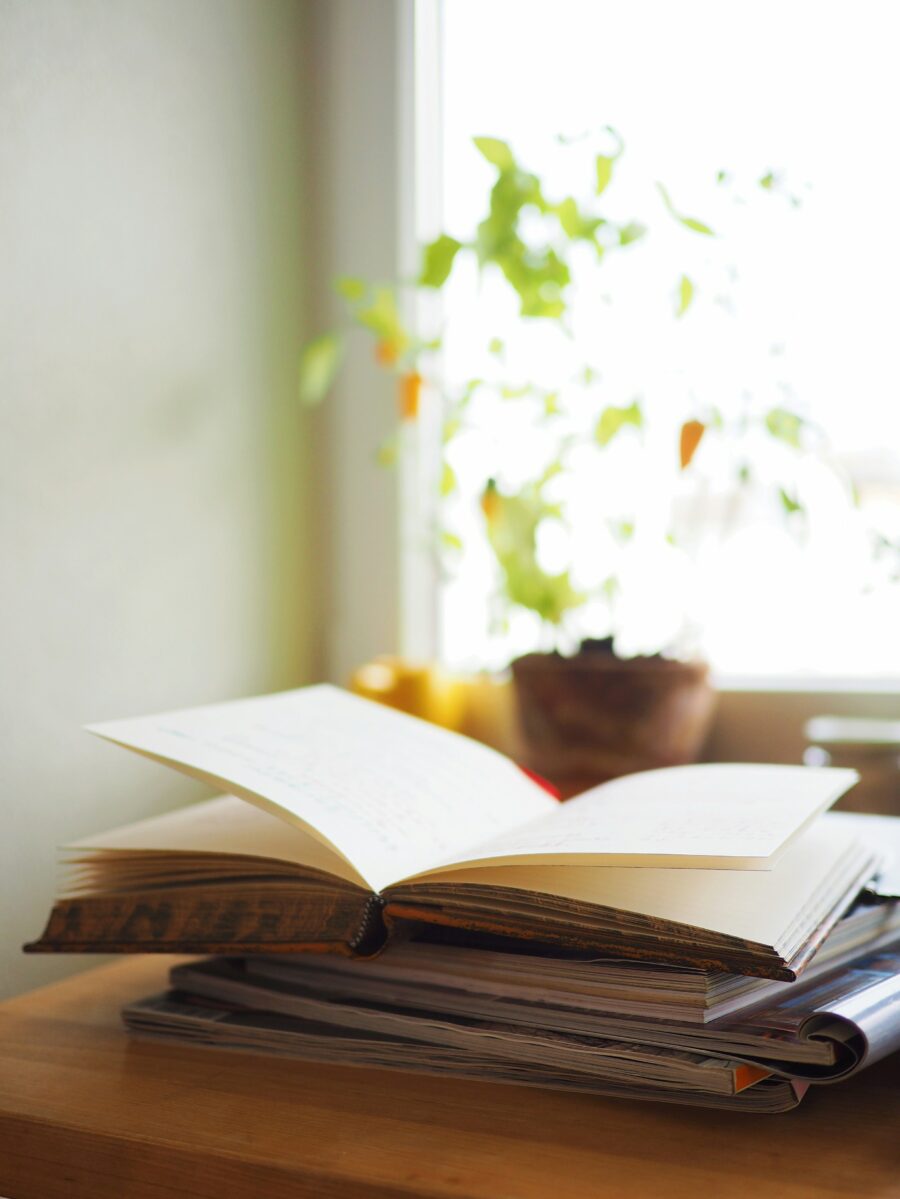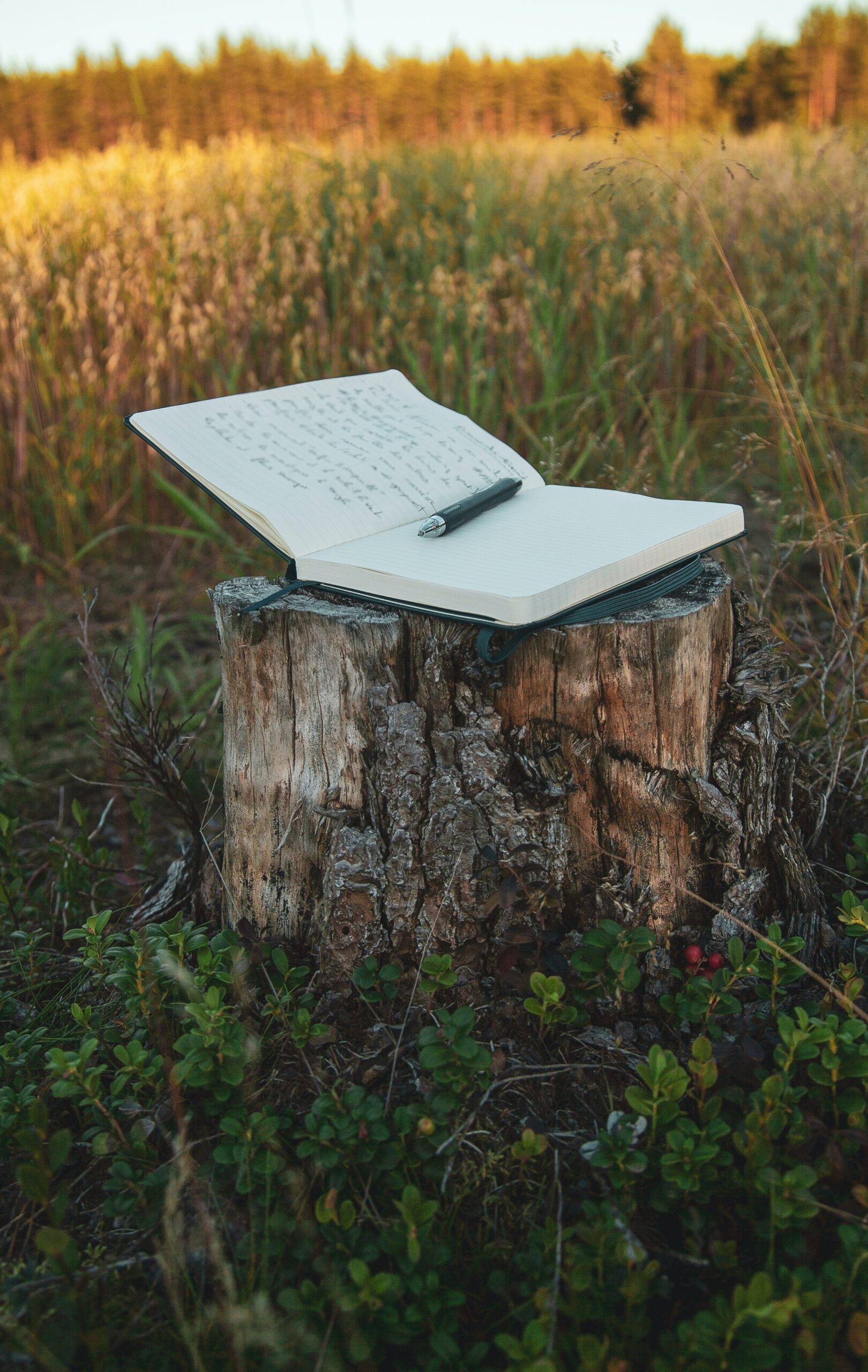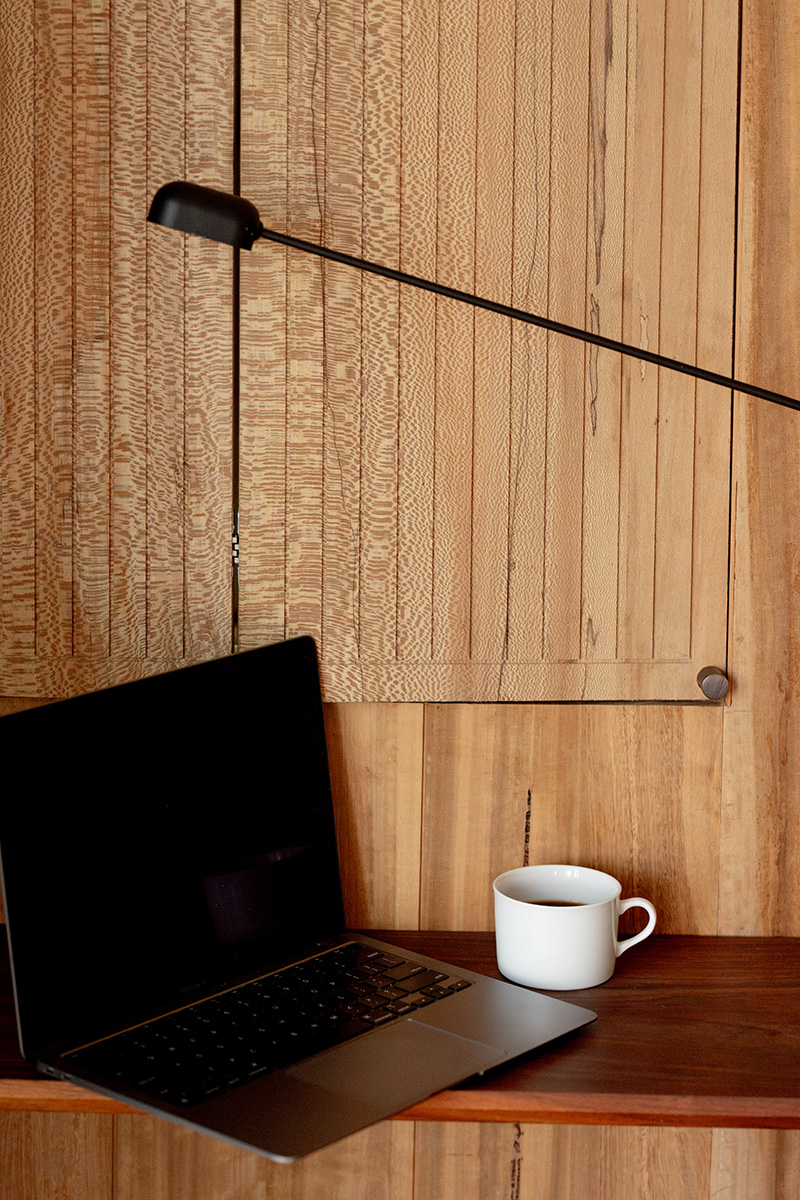
How to Start a Commonplace Book (And Why You Should Try It)
As a teenager, I unknowingly kept a commonplace book — a notebook filled with quotes that I found inspiring and reflective of my experiences. I’d copy down Tumblr and Pinterest quotes like “She turned her can’ts into cans and her dreams into plans” and book quotes like “We accept the love we think we deserve” from “The Perks of Being a Wallflower” by Stephen Chbosky. At the time I didn’t know that I was commonplace journaling, but I was.
“As a teenager, I unknowingly kept a commonplace book — a notebook filled with quotes that I found inspiring and reflective of my experiences.”
Life moves fast, and information is hurled at us from every angle even faster. Commonplace books are a beautiful and simple way to slow down and take in the information that fascinates us in an intentional way. They are notebooks that you keep to organize and log quotes, words, song lyrics, poems, recipes, topics, book titles, and anything else you want to remember or find inspiring. Unlike a diary or journal, you don’t write down your original thoughts, stories, or stream-of-consciousness, but instead copy down excerpts from other sources as a way to log and organize them for reference later.
“Commonplace books are a beautiful and simple way to slow down and take in the information that fascinates us in an intentional way.”
The art of keeping a commonplace book became popular during the early modern period but dates as far back as ancient times. Many notable people, including John Locke, Virginia Woolf, and John Milton all kept commonplace books. But they were also used by regular people too throughout the ages. They had a surge in popularity during the Renaissance Era when dissemination of information and literacy grew significantly. Commonplace books had another resurgence in 18th century England as well, when women who did not have access to education used commonplace books as a way to record their ideas.
Recently, I’ve started seeing commonplace books pop up on all corners of the internet — from Substack stories about Joan Didion’s understanding of commonplacing to YouTube videos about how to make them to aesthetic Pinterest inspiration.
With the abundance of information we consume every day, it’s no wonder that commonplace books are resurfacing in the zeitgeist once again, because they are a great way to sift through the noise and organize the bits of information we want to remember. They’re kind of like an encyclopedia of knowledge about things that interest you, that you can refer back to as needed.
“With the abundance of information we consume every day, it’s no wonder that commonplace books are resurfacing in the zeitgeist once again.”
If you’re in academia, you might use your commonplace book to compile quotes for a thesis or essay. If you’re a writer like me, you might use it for inspiration and research. If you’re someone who just loves learning, you might use it to keep track of things you want to learn more about.
“I recently started keeping a commonplace book again to collect the quotes in novels I read, the song lyrics that I sing a little louder, and random topics that interest me.”
As a writer, I recently started keeping a commonplace book again to collect the quotes in novels I read, the song lyrics that I sing a little louder, and random topics that interest me that I want to dive down a rabbit hole to learn more about when I have free time. In my commonplace book, you’ll find quotes like “For once we begin to feel deeply all the aspects of our lives, we begin to demand from ourselves and our life pursuits that they feel in accordance with the joy which we know ourselves to be capable of,” which is from Audre Lorde’s “Uses of the Erotic.” You’ll also find a list of topics, ranging from “the history of leisure time” to “gender apartheid in Afghanistan,” among other things I want to learn more about and come back to later.
Though I’ve only started doing it this year, I’ve found it to be a really important practice, reflective and insightful about what’s important in my life right now and what I want to learn more about. There is so much information we are taking in every day, and this allows me to focus my attention on the things that matter to me. The practice of commonplacing is also instrumental in my writing because I’m able to go back to my list and see what might make an interesting story, essay, or chapter. It’s as much a diary as it is a reference.
How to start your commonplace book practice:
While there are many different ways to go about commonplace journaling, you can really organize your book however it makes the most sense to you and your brain. Traditionally, commonplace books have different headings for different topics that you want to include. This can be anything, but some examples could be “love,” “adventure,” “feminism,” or “writing.” Then, you write quotes/excerpts/lyrics/etc. that fall into those categories on the corresponding page.
“You can really organize your book however it makes the most sense to you and your brain.”
Another way to do it — the way I prefer — is by dividing it up by the type of media you’re collecting. So I have page headings including “Things to Research Later,” “Words to Look Up,” and “Quotes to Remember.” I like doing it this way because to me it matters more to organize by type of content than subject matter.
Overall, organize it by categories and headings that work for you. However you do it, it might be helpful to create an index at the beginning of the book to help you easily refer back to different topics.
Once you’ve created your commonplace journal, you’re ready to begin using it. It’s helpful to keep it with you as much as possible, so if you’re out and about you can jot down anything that seems interesting or worth noting. For this reason, it’s convenient to use a small notebook because it can then be easily tucked into your bag or even your pocket. However, it’s almost inevitable that you won’t always have your commonplace book on you — I admittedly rarely carry mine with me — and in that case, you can always take photos or screenshots of things you want to copy into your commonplace book at a later date.
“The act of sitting down to copy down your quotes can become a ritual.”
The act of sitting down to copy down your quotes can become a ritual. Perhaps you do it daily or weekly, and you can use it as a way to sift through your thoughts and really reflect on the information you’re taking in throughout your day, week, month, and year.
Keeping a commonplace book is a beautiful antidote to the flood of information we take in every day. When I’m reading, listening to music, scrolling Instagram or Substack, or watching a movie, it reminds me to pay attention, to really look for bits that inspire me and feed my creative mind. I love the ritual of copying down the quotes and going back to them later, flipping through the pages and seeing what interested me throughout the past weeks or months. It creates a slowness in our media environment, a slowness that I crave and am grateful to have found through this practice. 📖
Brianna Schubert is a Contributing Editor at The Good Trade and the Digital Editor at Milwaukee Magazine. She has a Bachelor of Arts in Journalism from the University of Wisconsin-Milwaukee. Since 2023, Brianna has combined her expertise and investigative skills to deliver thoughtful reviews of sustainable products and home goods, helping readers make informed, eco-conscious choices. Brianna is also the writer behind The Mood Board, a Substack newsletter for creativity and inspiration. When she’s not writing, you can find her cooking up a new recipe, reading and recommending books, cuddling with her cat, or finding hidden gems at vintage and thrift stores. Say hi on Instagram!




